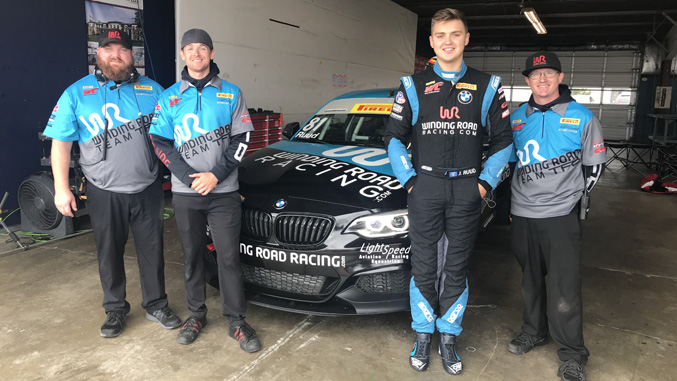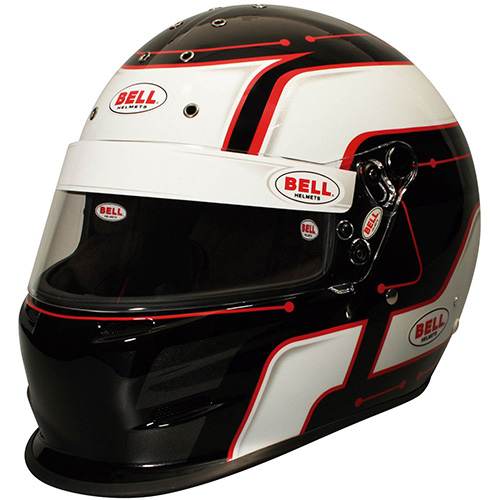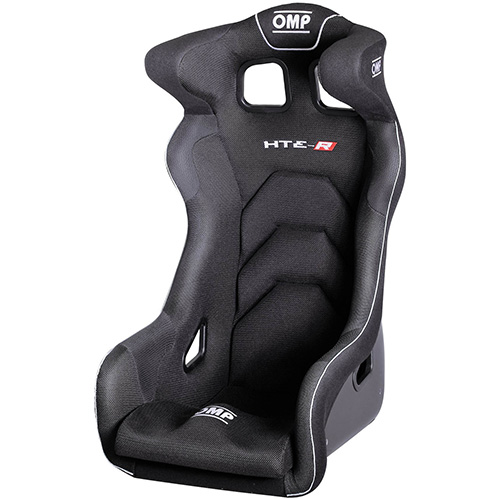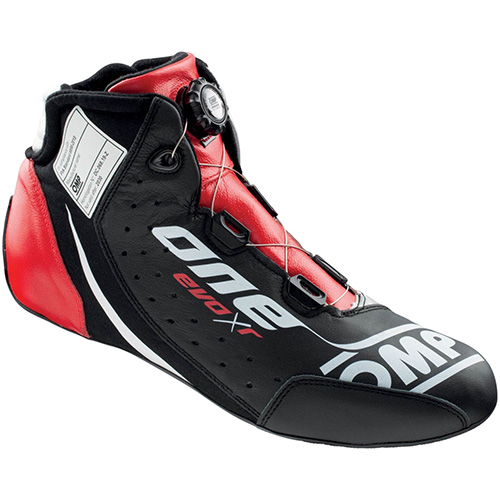Avoid Common Mistakes With The Transition To Higher-Level Racing

We frequently get emails or phone calls from drivers that start something like "I'm a Karter with 3 years of experience; what do I need to do for you to pick me up as a pro driver in: fill in the blank with Spec MX-5 Challenge, Global MX-5 Cup or Pirelli World Challenge." Sometimes, instead of "Karter", the driver has done a few years of track days. Less frequently, the driver has a year or two of Spec Miata experience.
We are big fans of relatively new drivers who want to develop. So, we encourage these questions. How else are you going to figure out what the next steps are?
In case it helps more people think through the process, we've written down answers to questions we find drivers often overlook. We pass these on so that more people can focus on what we think is a good approach. Of course, everyone is different, so this may not apply to you, but it probably does.
- Mistake #1: Not understanding the costs of the racing ladder
First, until you have reached the middle tier of the sports car ladder, you should expect to pay all your costs. The team you run with is basically charging you their costs and they have no magic funding to pay you.
Rough costs for a full race season (6 race weekends, typically 12 races, including test days):
Spec Miata (regional): $15,000 DIY, $25,000 with a team (Does NOT include car purchase/rental)
Spec MX-5 Challenge: $48,000 (INCLUDES car rental)
Global MX-5 Cup: $90,000 (Does NOT include car purchase/rental)
Pirelli World Challenge TCR: $175,000 (Does NOT include car purchase/rental)
Almost every new driver looks at the numbers above and thinks "it can't cost that much; these guys must be making a fortune." In the end, drivers end up realizing that the numbers above are conservative — of course, you can find people who will leave costs out to deceive you, but you'll pay in the end. Try this test: add up the hard costs for tires, entry costs, fuel, fluids, truck fuel, required banners and shirts for the series you are thinking about. Then ask yourself if you can do all the work without a mechanic to help.
- Mistake #2: Not budgeting for car depreciation and crash damage
None of the above costs include crash damage, which can vary from zero to a full car write-off for a season. But in racing, you will have contact with other cars and so you must have a budget for crash repairs. 20% of the season cost is reasonable, but it can vary a lot because there are such different forms of crashing. Drivers are often surprised at how frequent and how much "minor" bodywork repair costs (one time broken bumper cover, broken headlight, paint, wrap parts and labor can be $2500). Note that this crash budget is not the same as the budget needed for mechanical breakage (new clutch, new fuel pump, new subframe etc).
The other missing component is car depreciation. If you buy or build a new race car, it will almost certainly sell for less once you used it. 30% depreciation in one year is not uncommon. If you are driving a used race car, you may have less depreciation, but you will probably have some. 10-20% per year for aging and unknown wear/tear is normal. This latter amount assume your car has been meticulously maintained. These numbers are particularly important if you are evaluating buying a car vs. renting a car.
- Mistake #3: Assuming that pace or success in regional racing will translate immediately
Many new drivers who are successful at one level assume they can jump up several levels quickly. While this could happen, it is unlikely. For young drivers who are pretty fast, an important rude awakening is that most drivers end up needing to get seat time to develop their race craft. That is, race craft is at least 50% of the game and the only way to develop it is with experience. This is more cost-effectively done in "lower" series like Spec Miata. The progression above (SM>SMX>MX-5 Cup) acknowledges this.
In addition, many regional drivers are surprised at how much stiffer the competition is at the pro level. Some of this is borderline self-delusion, where getting on podium regionally a few times is viewed as "success" (and it is a form of it). In contrast, we would suggest that podium at the SCCA Runoffs or NASA Championships is more commensurate with a successful transition to something like MX-5 Cup.
To be clear, there is nothing wrong with jumping from karts to say Global MX-5 Cup, as long as you have budgeted, financially and emotionally, to spend 2-3 years working up the MX-5 Cup ladder. But, you could probably develop just as fast if not faster, have more fun and spend far less money by following the SM>SMX>MX-5 Cup progression. And, importantly, if you are successful on that ladder, you will need the money you saved to go farther.
Additional reading, if you like this sort of thing:
What Does A Weekend Of Racing Cost?
10 Reasons Spec Miata Is The Best Racing Car
Winding Road Academy Competition License School – October
To discuss Spec Miata, Spec MX-5 Challenge, Global MX-5 Cup or Pirelli World Challenge further, contact Winding Road Racing's driver development manager Jeff Sexton: [email protected]


















